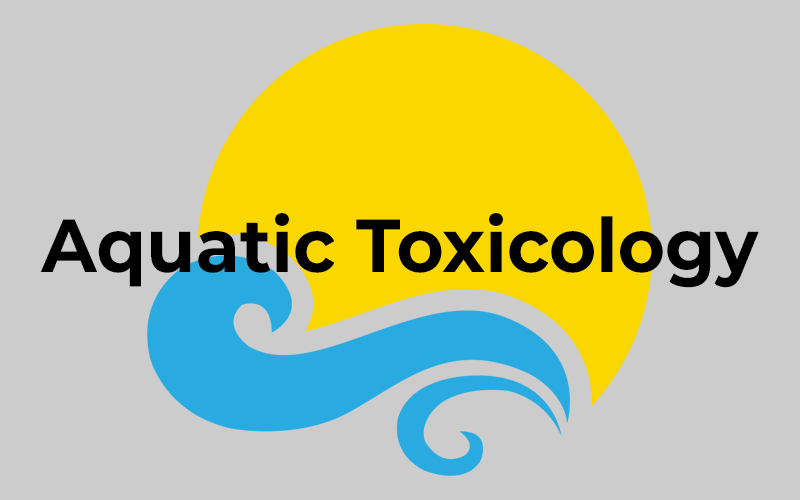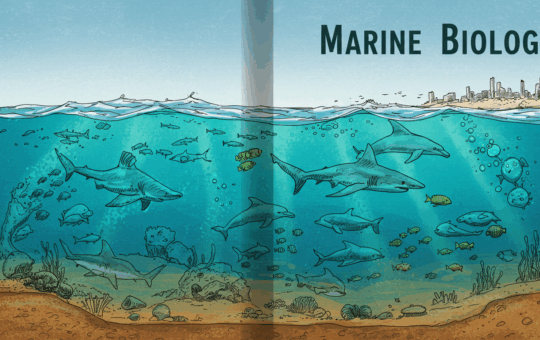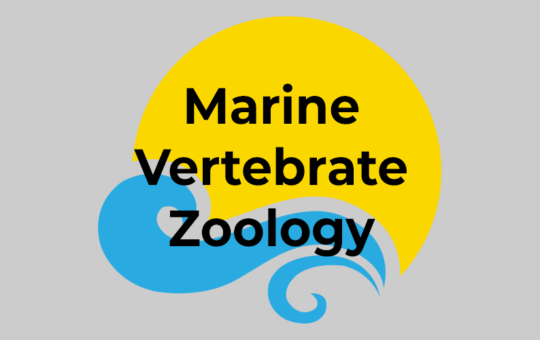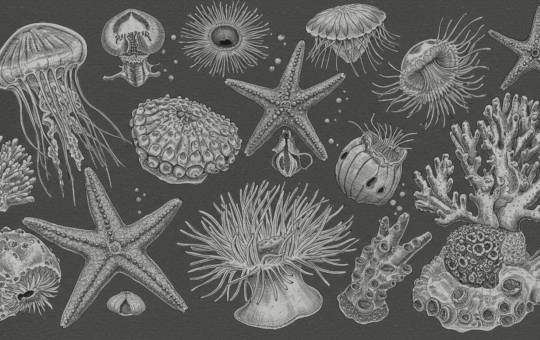
Aquatic Toxicology
Aquatic Toxicology explores the effects of pollutants on aquatic organisms and ecosystems, providing students with a comprehensive understanding of the sources, pathways, and impacts of toxic substances in aquatic environments. This course covers the fundamental principles of toxicology, including dose-response relationships, exposure assessment, and mechanisms of toxicity. Students will learn about various types of pollutants, such as heavy metals, pesticides, industrial chemicals, and emerging contaminants, and their specific effects on different aquatic species. The course emphasizes the importance of understanding the complex interactions between pollutants and aquatic organisms to assess and mitigate ecological risks.
In addition to studying the effects of pollutants, the course addresses the methodologies used in aquatic toxicology research. Students will gain practical experience in toxicity testing, bioassays, and the use of biomarkers to detect and quantify the impact of toxic substances. The course also covers the regulatory frameworks and policies governing water quality and pollutant discharge, highlighting the role of environmental monitoring and risk assessment in protecting aquatic ecosystems. Through lectures, laboratory exercises, and field studies, students will develop the skills and knowledge necessary for careers in environmental science, toxicology, and aquatic ecology, while gaining a deeper understanding of the challenges and strategies involved in managing and mitigating pollution in aquatic environments.
Curriculum
- 6 Sections
- 20 Lessons
- 1 Quiz
- 0m Duration
Section 1: Introduction to Aquatic Toxicology
- Chapter 1: Overview of Aquatic Toxicology
- Chapter 2: History and Development of Aquatic Toxicology
- Chapter 3: Principles of Toxicology
Section 2: Sources and Types of Aquatic Pollutants
- Chapter 4: Chemical Pollutants
- Chapter 5: Biological Pollutants
- Chapter 6: Physical Pollutants
Section 3: Toxicological Effects on Aquatic Organisms
- Chapter 7: Acute and Chronic Toxicity
- Chapter 8: Sublethal Effects and Biomarkers
- Chapter 9: Bioaccumulation and Biomagnification
Section 4: Environmental Fate and Transport of Pollutants
- Chapter 10: Chemical Fate in Aquatic Environments
- Chapter 11: Modeling Pollutant Transport
- Chapter 12: Risk Assessment and Management
Section 5: Regulatory and Policy Frameworks
- Chapter 13: National and International Regulations
- Chapter 14: Environmental Monitoring and Compliance
- Chapter 15: Public Health and Safety
Section 6: Emerging Issues and Future Directions
- Chapter 16: Emerging Contaminants
- Chapter 17: Climate Change and Toxicology
- Chapter 18: Technological Advances in Aquatic Toxicology
- Chapter 19: Case Studies in Aquatic Toxicology
- Chapter 20: Global Collaboration and Research



